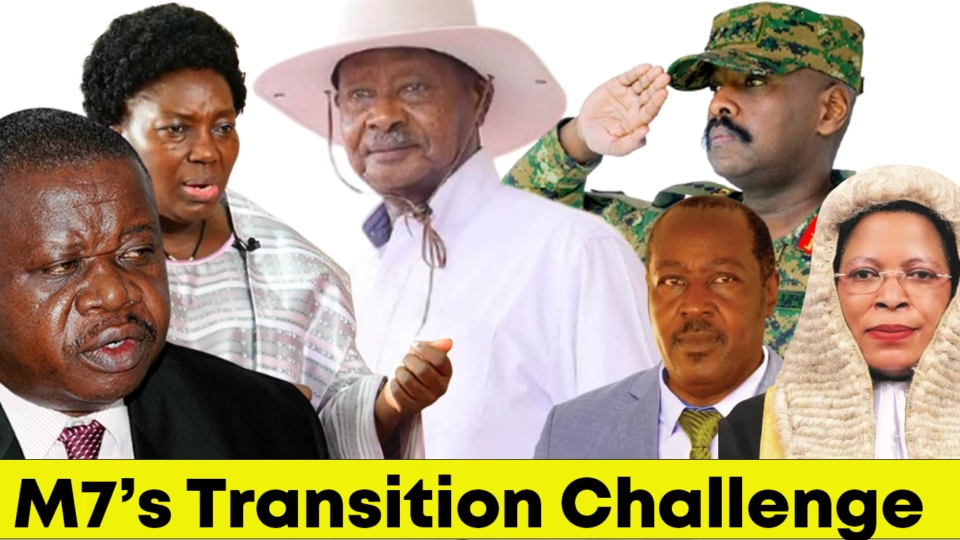By Dean Lubowa Saava
The National Resistance Movement (NRM) has been a dominant force in Ugandan politics for decades, with President Yoweri Museveni at its helm. However, there are concerns that the party’s historical figures may be losing influence to younger leaders. This shift in dynamics raises questions about the future of the party and the role of President Museveni.
The NRM’s historical figures, who played a crucial role in the party’s formation and success, are gradually making way for a new generation of leaders. This transition is driven by various factors, including changing demographics, evolving political landscapes, and the natural progression of leadership.
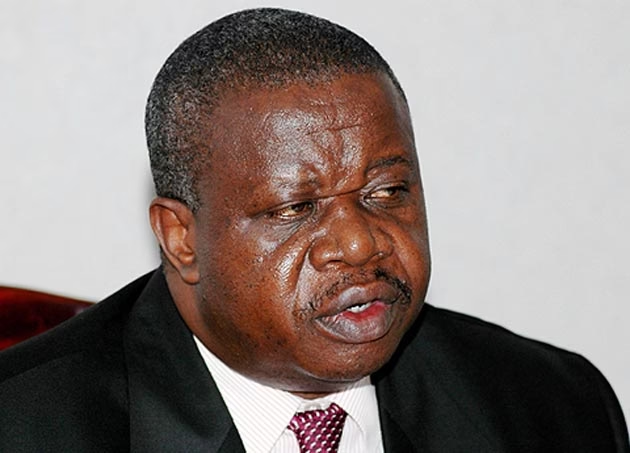
However, the relationship between President Museveni and the NRM historicals has been strained in recent years. Some of the historicals have expressed dissatisfaction with Museveni’s leadership style and his efforts to consolidate power. Others have felt sidelined or overlooked in favor of younger leaders who are perceived to be more loyal to Museveni.
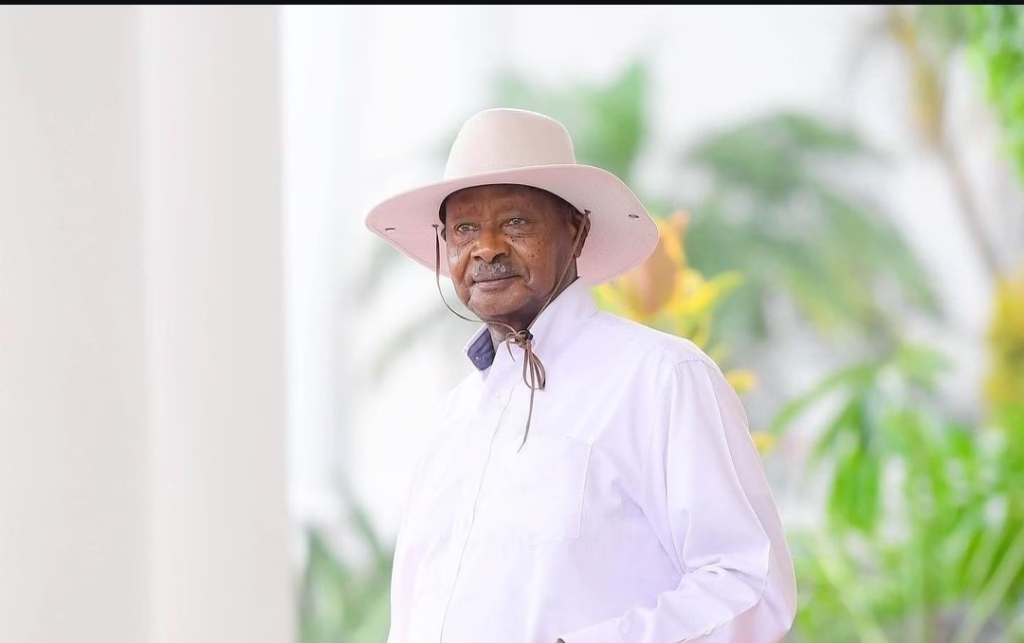
One of the key challenges facing the NRM is how to balance the need for continuity with the need for change. On the one hand, the party’s historical figures have a deep understanding of the party’s values and principles. On the other hand, younger leaders bring fresh perspectives and new ideas that can help the party stay relevant and effective.
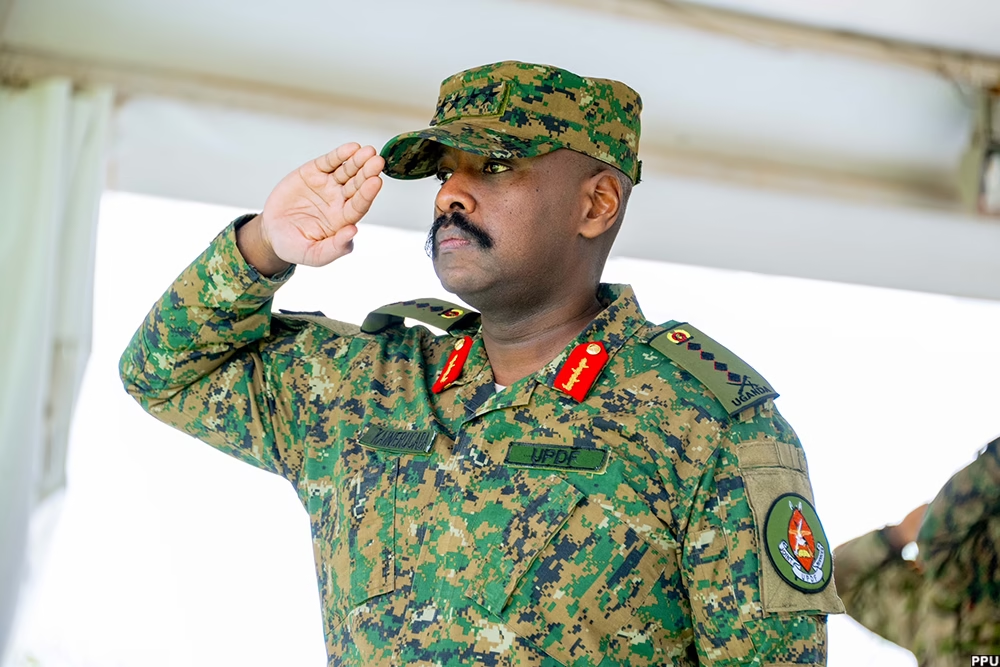
President Museveni faces a critical decision: how to navigate this transition and ensure the party’s continued success. One possible approach is to mentor and empower younger leaders, allowing them to develop their skills and experience. This would not only inject fresh perspectives into the party but also help to build a strong foundation for the future.
Another strategy could be to establish clear guidelines for succession, ensuring a smooth handover of power when the time comes. This would help to prevent potential conflicts and maintain stability within the party.
The NRM’s ability to adapt to changing circumstances and incorporate new ideas will be crucial to its continued success. By embracing the energy and perspectives of younger leaders, the party can stay relevant and effective in addressing the needs of Ugandans.
However, the party’s historical figures have expressed concerns about being marginalized or excluded from key decision-making processes. Some have also felt that Museveni’s leadership style has become increasingly authoritarian, which has led to tensions within the party.
In recent years, there have been reports of disagreements between Museveni and some of the NRM historicals, including former Prime Minister Ruhakana Rugunda and former Minister of Finance Maria Kiwanuka. These disagreements have centered on issues such as party leadership, succession, and the direction of the country.
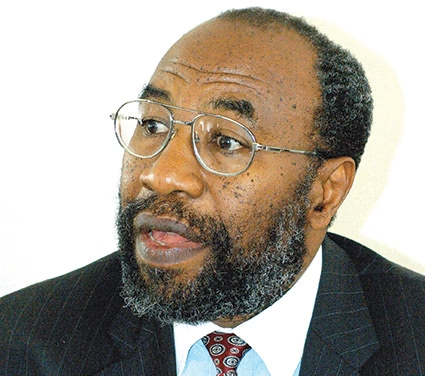
Despite these challenges, the NRM remains a dominant force in Ugandan politics. However, the party’s ability to navigate the transition to a new generation of leaders will be critical to its continued success.
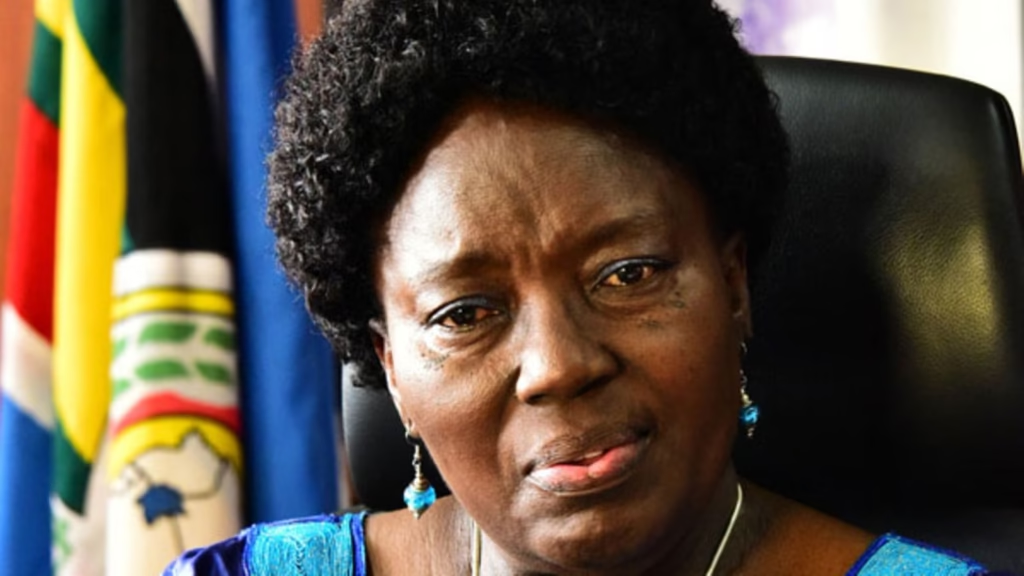
As President Museveni looks to the future, he must consider the best way to position the party for continued success, while also ensuring a smooth transition of power. This will require careful planning, consultation, and a willingness to listen to different perspectives.
Ultimately, the future of the NRM depends on its ability to evolve and respond to the changing needs of the country. By embracing the energy and perspectives of younger leaders, while also drawing on the experience and wisdom of its historical figures, the party can stay relevant and effective in addressing the needs of Ugandans.
The question on everyone’s mind is: what’s next for Museveni? Will he continue to lead the NRM and Uganda, or will he pass the baton to a new generation of leaders? Only time will tell, but one thing is certain: the NRM’s ability to adapt and evolve will be crucial to its continued success.

